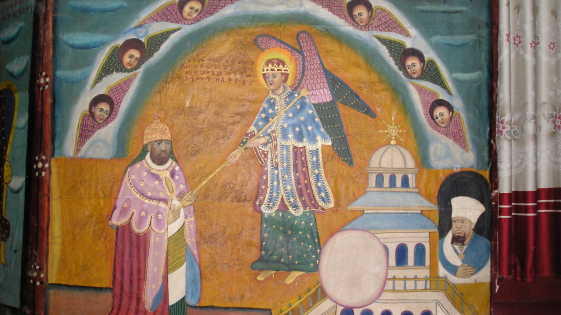Propaganda and history in state politics - the case of Ethiopia and Eritrea
Zapraszamy na kolejne Seminarium Afrykanistyczne współorganizowane przez IEiAK UW. Gościem będzie prof. Wolbert Smidt (Friedrich Schiller University, Jena / Mekelle University).

History writing and historical traditions are highly dependent on perspectives and interests defined by given societies. This by itself already leads to systematic problems: Which questions are asked and not asked about historical sources? Which facts are regarded as important or not important? Due to this, the understanding of history is permanently submitted to selective lenses. However, societies often tend to establish narratives regarding their "objective history", while it is not unusual that neighboring societies cherish different narratives on the same events, not necessarily falsifying historical facts, but through selective approaches. The definition of a given society through a specific view on developments of the past is a typical pattern in the formation of almost any society. This process of production of "objectivity" and the widespread belief in it opens the door wide to politics, i.e. making historical narratives powerful instruments to be used by political actors. Ethiopia is a perfect case in point: historical narratives have been key instruments of politics and of propaganda over centuries, such as through the production of royal chronicles and of church paintings of battles and political figures. This ancient tradition of a use of history for the definition and consolidation of political leadership has seen an extreme acceleration in modern Ethiopia, its diverse often competing regional states and neighboring Eritrea. Narratives on the identity of these states and their ethnic groups and societies are produced and re-produced, fueled by social media and an acceleration of school book production and the formation of dozens of new universities. This lecture presents historical and modern examples of historical narratives as instruments of politics and of propaganda. Their role in the identity formation of regions and states, using sometimes fundamentally diametric concepts, has to be understood as key elements in the complex patchwork of a multi-ethnic, multi-facetted Horn of Africa.


